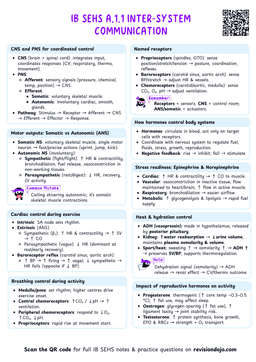Evaluating Issues in Personality Research and Sports Performance
The Challenge of Measuring Personality
Methodological Issues
- Questionnaire Reliability
- Self-report questionnaires can be subjective
- Athletes might respond based on how they want to be perceived
- Social desirability bias affects responses
Many researchers rely too heavily on questionnaires without considering their limitations and potential biases.
- Situational Specificity
- Personality traits may vary across different sporting contexts
- Athletes might display different traits in training vs. competition
- Environmental factors can influence personality expression
Consistency Problems
- Trait vs. State Debate
- Are personality characteristics stable (traits) or changeable (states)?
- Athletes' personalities might fluctuate based on:
- Competition pressure
- Team dynamics
- Performance outcomes
The trait-state debate remains one of the most significant challenges in personality research within sports psychology.
Research Design Challenges
Causality Issues
- Direction of Influence
- Does personality affect sports performance?
- Or does sports participation shape personality?
- Possible bidirectional relationship
An athlete might be naturally competitive (personality affecting sport choice), but years of competition might also enhance their competitive nature (sport affecting personality).
Sample Size and Representation
- Limited Access
- Elite athletes are often difficult to study
- Small sample sizes affect research validity
- Results might not generalize to different levels of competition
When reviewing personality research in sports, always consider the sample size and demographic representation of the study participants.
Cultural and Contextual Factors
Cultural Bias
- Western-Centric Research
- Most personality research comes from Western contexts
- Different cultures may value different personality traits
- Cultural interpretation of traits varies
- Sport-Specific Contexts
- Different sports may require different personality profiles
- Team vs. individual sports
- Contact vs. non-contact sports
Consider how cultural background might influence both personality expression and interpretation in sports contexts.
Practical Applications and Limitations
Implementation Challenges
- Coaching Applications
- Difficulty in applying research findings to practice
- Individual differences may override general patterns
- Risk of stereotyping athletes based on personality profiles
- Performance Prediction
- Limited success in using personality to predict performance
- Multiple factors influence sporting success
- Personality is just one component
While personality research provides valuable insights, it should not be used as the sole predictor of athletic success or potential.
Future Directions
- Methodological Improvements
- Need for mixed-method approaches
- Longitudinal studies
- Better measurement tools
- Practical Integration
- Better translation of research into practice
- Development of personality-aware coaching strategies
- Individual-focused approaches
Focus on using personality research as one tool among many in understanding and developing athletes, rather than as a definitive guide.


